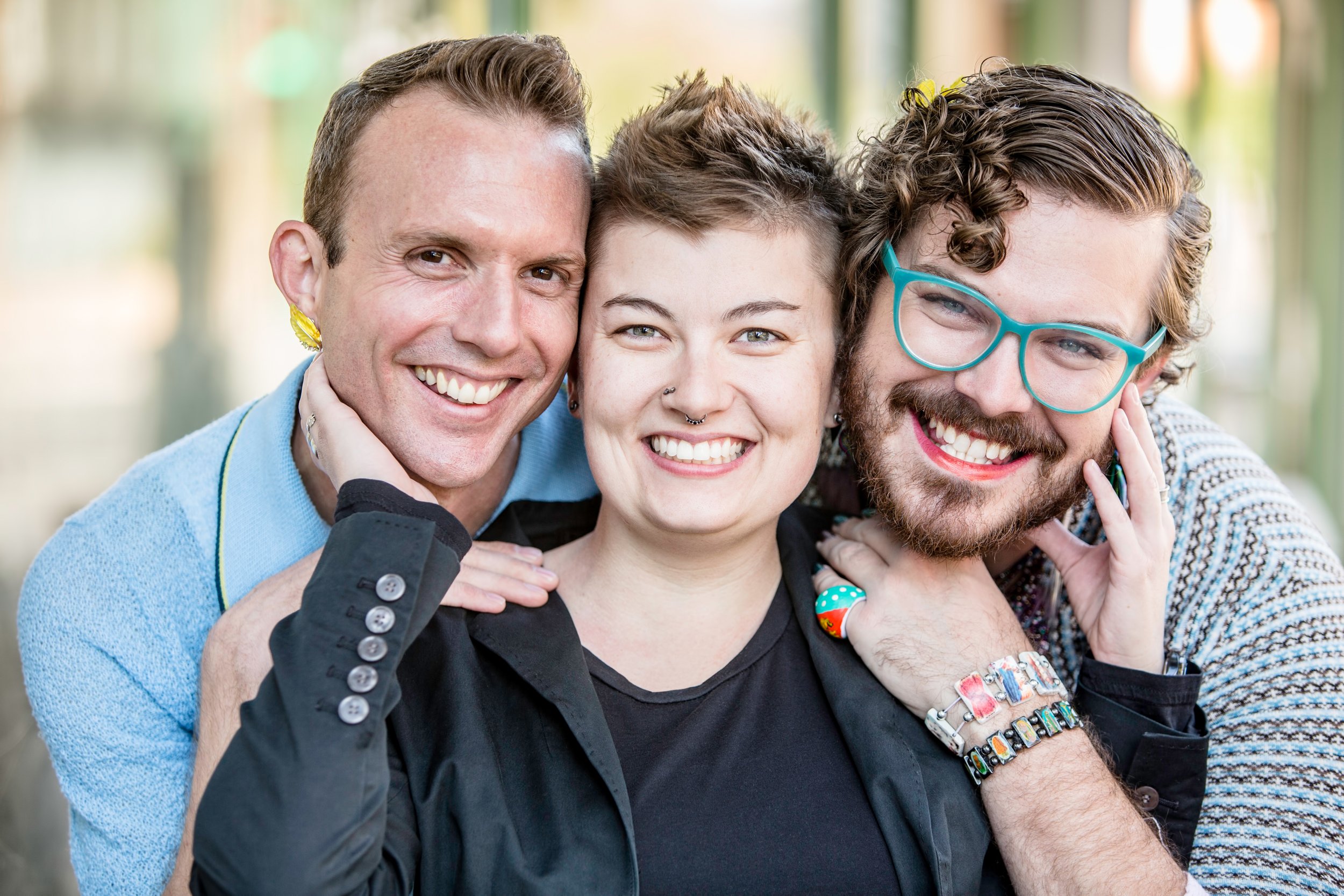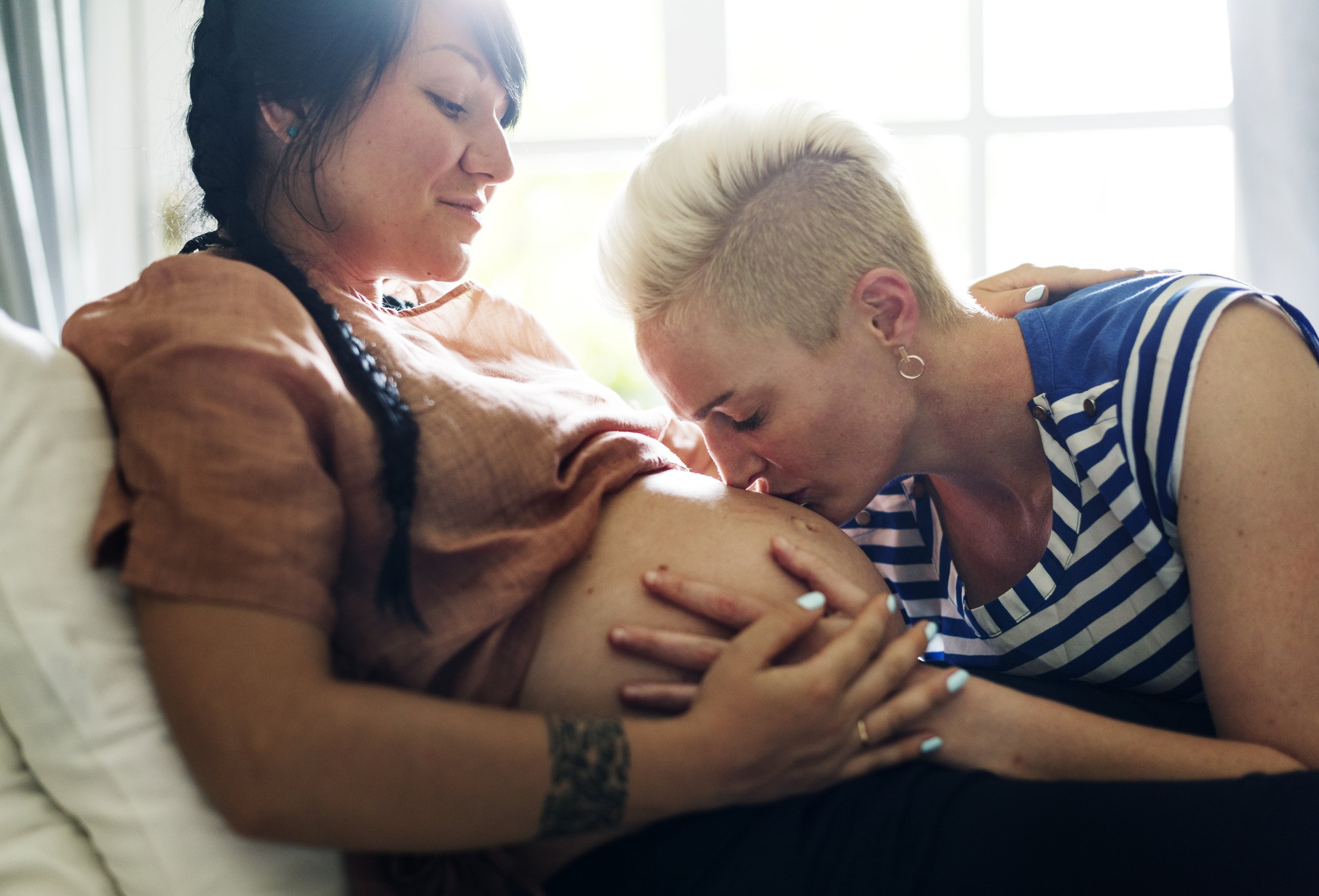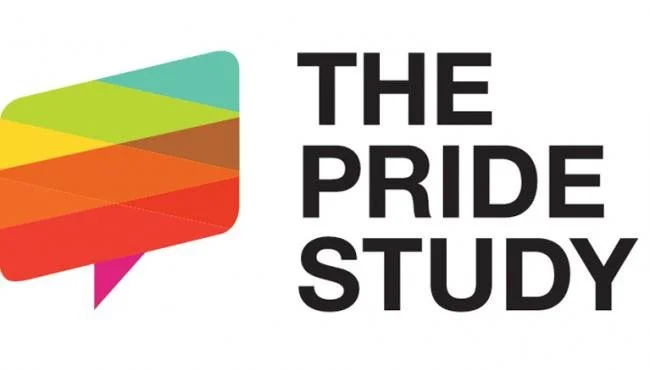Official Title:
Engaging Sexual and Gender Minority (SGM) Communities for Health Research: Building and Sustaining PRIDEnet
What Did We Do?
We created PRIDEnet, a national network dedicated to strengthening the involvement of LGBTQIA+ community members in all stages of health research. Our network includes multiple groups who inform how we do research and community engagement. This includes 1) staff; 2) partner organizations; 3) formal community groups; and 4) research participants.
PRIDEnet’s in-person and digital activities have engaged thousands of LGBTQIA+ people across the country since starting in 2014-2015. We offer multiple ways to shape research and participate in specific opportunities, such as The PRIDE Study (pridestudy.org) and the National Institutes of Health’s All of Us Research Program (joinallofus.org/lgbtqia). This manuscript describes how and why PRIDEnet was built, the actions it takes, and the lessons learned in doing community-engaged research with LGBTQIA+ people.
What Was New, Innovative, or Notable?
PRIDEnet is one of the first networks focused on LGBTQIA+ community involvement across several long-term research efforts. Previous approaches focused on a single study or one area of research. PRIDEnet is also unique because of its national reach and focus on building long-term relationships that benefit everyone involved.
What Did We Learn?
PRIDEnet’s work has seen multiple positive results that have benefited research and the LGBTQIA+ community. Examples include:
• PRIDEnet has improved the research approaches of many studies thanks to our formal community groups’ work raising community concerns while vetting applications for Ancillary Studies of The PRIDE Study.
• PRIDEnet has helped to inform health policy.
• PRIDEnet has informed medical and scientific guidelines to improve the health of LGBTQIA+ people.
• PRIDEnet has strengthened recruitment for study participation, especially among members of LGBTQIA+ subcommunities.
• PRIDEnet has provided evidence for the need or use of specific studies.
• PRIDEnet has widened the distribution of research findings with the potential to influence programs, practice, and policy to help lead to better health for LGBTQIA+ people.
• PRIDEnet is training the next generation of LGBTQIA+ health researchers.
• PRIDEnet has provided access to subject-matter experts who help guide the work of the National Institute of Health’s All of Us Research Program.
• PRIDEnet has offered concrete recommendations for community engagement and research strategies to be LGBTQIA+ inclusive.
• PRIDEnet has provided scientific expertise related to LGBTQIA+ research.
What Does This Mean for Our Communities?
PRIDEnet offers one model for community engagement in health research that can be customized for different projects. Some lessons learned include:
• Hire and support a diverse team from the communities that the research wants to reach.
• Build and maintain a structure that can be flexible for multiple projects and supports long-term relationships.
• Apply a blend of activities that build trust and are more deeply involved and activities that build a larger following and reach a broad audience.
• Build and maintain trusting relationships that provide benefits for everyone involved.
• Build and maintain a recognizable and ongoing process for community engagement activities.
• Be clear on the audience for each activity and for each project. For example, it is important to meaningfully decide who is included as study participants and who is invited to join formal community groups.
• Clearly communicate the roles and responsibilities of partner organizations, formal community groups, and staff.
What’s Next?
PRIDEnet will maintain and expand its formal community groups, partnerships, and in-person and digital activities. We will further grow and support this network to continue creating collaborative projects that advance LGBTQIA+ health research.
Action Steps:
See pridenet.org/research for more information and to share this study with your friends and family.
If you are interested in conducting research related to LGBTQIA+ health, please learn more about collaborating with PRIDEnet at pridenet.org.
Citation:
Obedin-Maliver J, Hunt C, Flentje A, Armea-Warren C, Bahati M, Lubensky ME, Dastur Z, Eastburn C, Hundertmark E, Moretti DJ, Pho A, Rescate A, Greene RE, Williams JT, Hursey D, Cook-Daniels L, Lunn MR. Engaging Sexual and Gender Minority (SGM) Communities for Health Research: Building and Sustaining PRIDEnet. Journal of Community Engagement and Scholarship. 2024 April 3; 16(2):1-34. doi: doi.org/10.54656/jces.v16i2.484.























